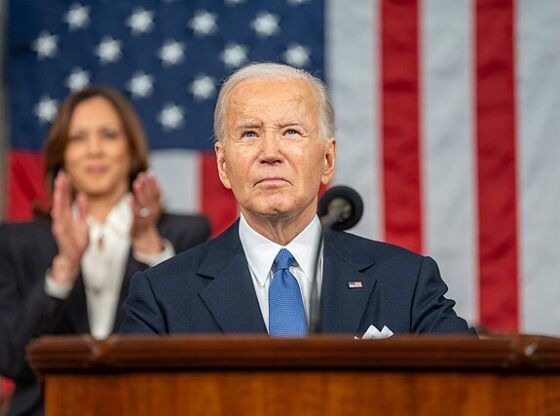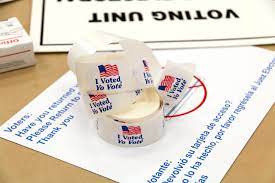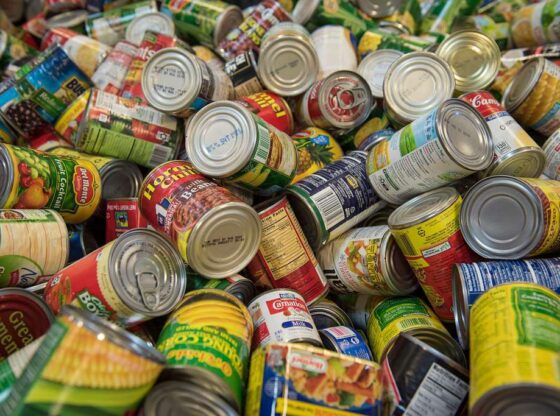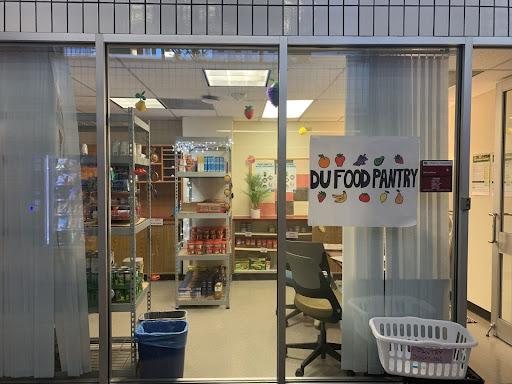Trojan’s Sexual Health Resources Survey ranked DU 73rd out of 140 schools surveyed this year, representing a 66 place drop for DU from last year’s survey, which ranked the school as the seventh best in the nation for providing sexual health resources to the student body.
“In the past, DU has always scored quite well. This drop is the largest of any school in the survey,” Bert Sperling, the Lead Researcher for the firm that performed the survey, Sperling’s Best Places. “but it’s important to remember, if it were graded on a curve, DU would still have a B- grade.”
Sperling said the biggest reason for DU’s ranking decline was the survey’s evaluation of the Health and Counseling Center website.
“It is an OK website with some good info about sexual health resources, however it doesn’t belong anywhere above midrange, which is what the ranking reflects,” Sperling said. “The website of a health center is very important because it is how information, resources and services are communicated.”
While DU’s website does provide links and information for those with questions about sexual health and wellness, Sperling notes that top performing schools are offering new, more advanced interfaces to help students connect to resources. Many schools collaborate with students and produce original content, including videos that provide info to fellow students. Sperling said this original content was one area where DU was lacking in comparison to top schools.
Another area where DU lagged on the survey was mobile support. Some schools, including the University of Oregon, are pioneering apps such as SexPositive, which allows users to find answers about the safest types of contraception and other advice. Although DU students lack official access to the app, they can still download and use some of its features for free.
DU students also have access to the resources of the Health and Counseling Center, which contests the Trojan ranking. Director of Health Promotion Sarah Belstock said that the HCC regularly seeks student input on their programs to help develop tools and access to information.
“Trojan did not speak with anyone at DU or initiate a formal assessment of our sexual health education activities,” Belstock said. “The change in ranking is not indicative of a reduction in the level of resources, programs or services that we offer to DU students.”
Belstock said those efforts include expanded evening hours for the Health and Counseling Center during which students can receive HIV/STI testing, a team of student health educators known as HYPE and distributing more than 13,500 condoms in the last school year at locations all across campus.
In addition to these year-round efforts the HCC is also sponsoring Love, Sex and Health Week starting Feb. 9. In the past the week has featured free HIV/STI testing, a performance of the Vagina Monologues and numerous student-led education displays. Belstock said close to 500 students participated in last year’s event.
Programs such as Love, Sex and Health Week are part of a growing movement on college campuses to offer more resources and information about sexual health and safety.
“It has been a really considerable improvement. Schools have been consistently raising the bar,” Sperling said. “Schools are all getting better at how they address these issues.”











